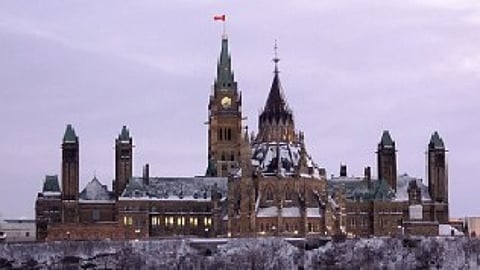

The resignation of Prime Minister Justin Trudeau and the suspension (prorogation) of parliament until March 24 may leave the Government of Canada in an economic lurch — but the risks are very low according to one analyst.
The Canadian government is funded until March 31. Prorogation itself would not cause Canada to immediately run out of money, but without passing new budgetary measures or securing interim funds, government operations could face disruption after the current fiscal allocations are exhausted.
"We're not likely to run into a situation, like in the U.S., where they were actually gridlocked congress, and the government actually runs out of money," said Malcolm Bird, an associate professor of political science at the University of Winnipeg in a conversation with the Western Standard.
"The ruling party will be able to keep the dough flowing. I'm assuming the government is going to fall — there's going to be an election, and then they will have to pass a budget."
A prorogued parliament and the accumulation of serious issues — affordability, housing, healthcare, the economy, a $60 billion annual deficit, unemployment, crime and immigration mean a lot of work for the next government, said Bird.
"Pierre Poilievre is going to be our next prime minister, and he is going to inherit, to put it mildly, many very serious challenges — on a whole bunch of different levels," he said.
During his resignation speech on Monday, Trudeau said of government operations, "I can assure you that the tools and the need to stand up for Canadians, to protect Canadians in their interests and continue to fight for the economy, is something that everyone in this government will be singularly focused on."
